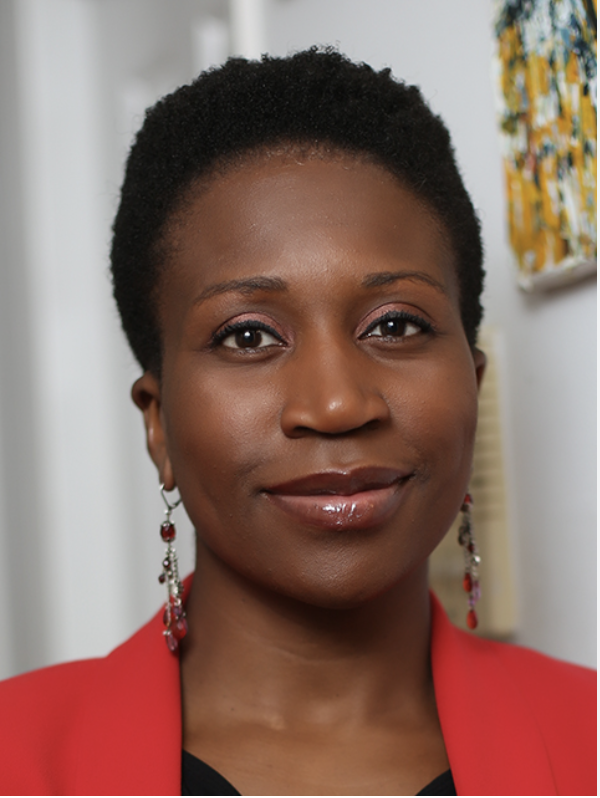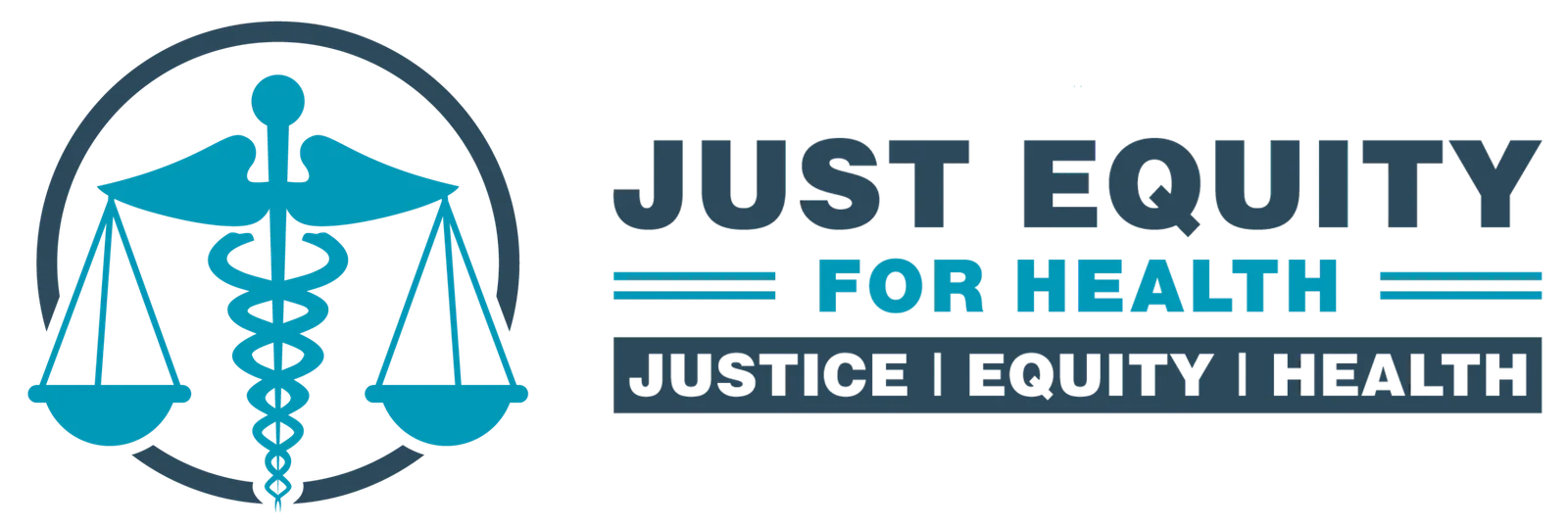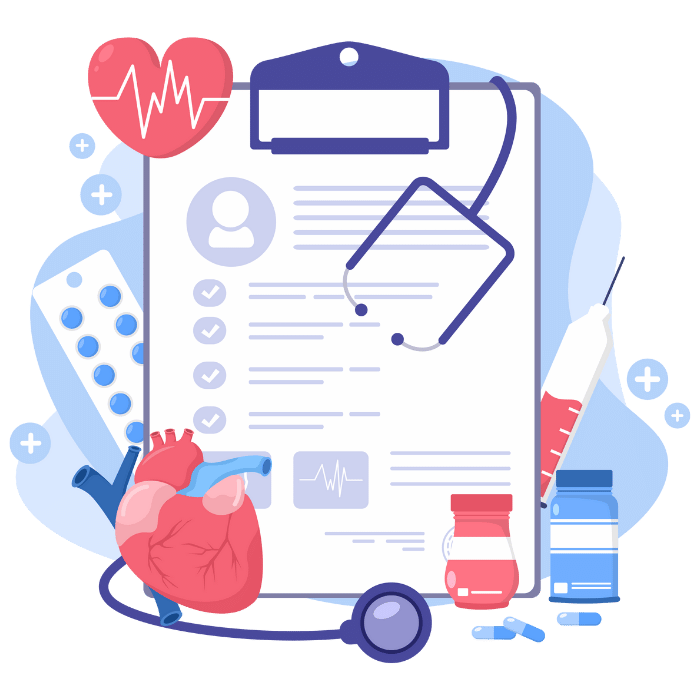
Many (if not most) of us know someone who has been affected by cancer – be it brain cancer, blood cancer, or rare types that steal lives with little warning and delayed treatment. For Black women, several concerning cancer risks prevail in the United States, with more Black women dying of breast cancer than of any other cancer. This difficult fact became part of Dr. Onyi Balogun’s reality when a loved one’s diagnosis set her on a path of education and transformation.
Born and raised in Nigeria until migrating to the US at the age of 8, Dr. Balogun had been taking pictures on a visit home when her godmother, her father’s only sister, jumped into the frame. Despite her loving enthusiasm, it was easy for the future radiation oncologist to see the partially hidden burned and peeling skin on her godmother’s chest.
“I was shocked,” Dr. Balogun said. “She must have been in a lot of pain. I thought, ‘this breast cancer is a bad, bad thing’, and that’s what set me on a vendetta against cancer.” Despite Dr. Balogun’s hopes and prayers, her beloved godmother lost her battle with cancer during a holiday season in the 90s.
By the time Dr. Balogun was in college, she’d asked herself several times if medicine was her path. Each time, the answer had been a resounding ‘yes’. She was far from alone in her journey: her mother was also a physician, and Dr. Balogun saw herself in her industrious mother. Though her mother’s medical training took place in their home country of Nigeria, she passed her necessary exams for the license to practice medicine in the United States.
“We didn’t have money for her to retake the tests,” Dr. Balogun laughed, “but she passed them, like boom, boom, boom…and when she came home from work, after her long days, she would be singing. And I thought, my mom and I are alike, and if helping people brings her joy, I will enjoy it, too.”
Dr. Balogun’s good fortune in her pursuit of medicine didn’t end with her mother – a quick Google search during a time in which she was uncertain of her next steps led her to contact Drs. Funmi Olopade at the University of Chicago and Lisa Newman at Weill-Cornell Medicine. Not only were both Black women, but trailblazers in the study of the correlations between African ancestry and certain kinds of cancer with aggressive presentations. These contacts became mentors who were instrumental in Dr. Balogun’s eventual research into their specialty.
“Those two were really who I wanted to be like. Seeing them do it, I had that light in me that ‘I could do this, too.’ It gave me that confidence that I could do this.” She said. Dr. Balogun’s ‘I can’ became action: with three fellowships and the intent to help in any way that she could, she lived in Nigeria for a year, both studying breast cancer and working actively to dismantle stigmas surrounding the disease. After a year of providing counseling to patients and support for local cancer organizations, Dr. Balogun took her experience with her to Harvard Medical School. In both medical school and during her time in Nigeria, she noticed that gaps in teaching and learning for leveraging new cancer treatment technologies had to be closed in order to more effectively address the global breast cancer epidemic. It was while working at the Derek Bok Center for Teaching and Learning during her residency that Dr. Balogun decided to become a radiation oncologist, and discovered her passion for teaching.
In 2021, Dr. Balogun moved her practice from the Upper East Side to Brooklyn, where the sound of Burna Boy blared in the streets to welcome her, and the sense of community lent itself to her continued efforts in education and information sharing. The need for better publicly education came sharply into focus while she was abroad with her husband, during which a cab driver shared his suspicions that the cure for cancer existed, but was purposefully hidden from the general public.
“If I had the cure for cancer, I’d paper the whole world, just tell everyone, send everyone a WhatsApp message! That, though, made me realize that people have some strong misconceptions, and they may need information.” Combating misinformation with education manifested in a number of ways, including multiple podcasts, one of them with her husband, another oncologist who recognizes the power of podcasts and stories, and their ability to entertain, educate, and connect. Since so few cancer-focused podcasts are led by or feature people of color, Dr. Balogun’s numerous public outreach efforts stand out in the wider effort of cancer treatment and support for patients.
Dr. Balogun’s experiences in Nigeria laid the groundwork for her numerous missions to treat patients, but also for capacity building – improving access for people living in low- and middle-income countries by furthering the education and support for their medical staff. This includes enhancing staff’s previously earned skills, and teaching new skills that focus on obtaining and fully utilizing the best-available treatment technologies. Dr. Balogun said that she wishes that she had done more to help during her time in Nigeria, but has been able to balance her domestic and international concerns by focusing her energy where she is able to focus, and taking one day at a time, and advocating for any patients that she can.
Connecting to other cancer-focused physicians and centering care around patient outcomes eventually led Dr. Balogun to cancer survivor and advocate Eve McDavid. Throughout her care career, Dr. Balogun had treated both breast and reproductive cancers, but with McDavid’s help, Mission-Driven Tech was created to improve patient outcomes in the treatment of cervical cancer. With a focus on addressing the painful standard for treating cervical cancer, Mission-Driven Tech’s ultimate goal is innovating efficacious treatments, thus lowering the number preventable deaths.
When she started a disparities-focus master’s degree in 2019, Dr. Balogun expected to study the high rates of cervical cancer in Black women. What she found instead was shocking: “Endometrial cancer has the second-largest cancer disparity,” she explained. “A white woman diagnosed with endometrial cancer has a five-year survival rate of about 84%. A Black woman has a survival rate of about 62%. Why fall 22 percentage points just based on race? It’s like triple-negative breast cancer – Black women are more like to develop aggressive reproductive cancers than white women.”
With the rates of uterine cancer rising across the US, but skyrocketing in Black women, Dr. Balogun eventually joined the New York Genome Project as a Cancer and Ethnicity Scholar to focus on the genetic and environmental factors that make Black women and women with African ancestry vulnerable to developing these aggressive illnesses. In collaboration with colleagues across multiple African countries, including Nigeria, Ghana, Zambia, and Ethiopia, as well as physicians across New York City, Dr. Balogun is currently conducting a first-of-its-kind study of how patients’ African ancestry affects their chances of developing high-grade aggressive cancers.
Juggling a multitude of care-related interests is integral to the busy radiation oncologist as she presses on to research new and efficacious ways to treat patients diagnosed with these sensitive cancers. To naysayers that Dr. Balogun has encountered on her continuing journey, her response was simple: “Watch me.”
Learn more about Dr. Onyi Balogun
The Onc Docs Podcast with Drs. Balogun
Dr. Onyi Balogun on Twitter, now X
Joining Forces in Brooklyn Podcast Episode
Alexandria Hicks is a writer of prose, healthcare, and advertising. Born and raised in Nashville, Tennessee, she’s lived in Los Angeles, California and Houston, Texas. She currently calls New York City home.

